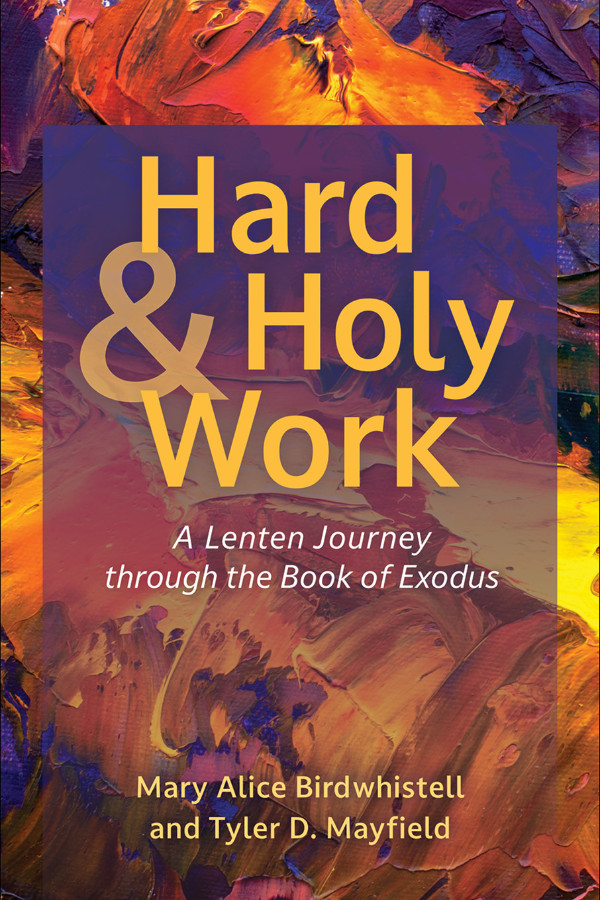Every year, for about seven years now, I try to give up spending for Lent. For six weeks, I try to avoid all consumer behavior. That means that I do not go into stores, or order things on online, or even read catalogues. I try to turn off the television during ads, and to switch the radio station whenever it tells me to buy something. I don’t window shop and I don’t browse, in real life or on the Internet.
There are a couple of necessary exceptions of course. I do buy groceries, fill up my car with gas and pick up prescriptions at the drugstore. And I admit that occasionally, I also still eat out and order in. After all, I wouldn’t want my family to starve by having to depend on the edibility of my cooking. But if I could, I would give those up too and just see what it would feel like to go cold turkey.
The reason I do this has nothing to do with the current economy (which, I am aware, would benefit from my spending more, not less). But I will admit that at a time when so many of us are pinched, it is almost a relief to take spending off the table. I don’t have to agonize about whether or not I need something. I already know that during this period, I am just not going to get it, need it or not.
A couple of things happen to me during my spending-free Lents. First, I discover I have time on my hands. I never realize how much of my time and attention goes toward wanting and buying things, until I try to direct my time and attention elsewhere. It is hard to throw out catalogues without a glance, but it does keep down the clutter.
If I arrive early for a meeting or a social occasion, and I have nothing to do, I cannot just walk into a store and browse, or wander into a coffee shop and buy myself a drink I wasn’t even thirsty for. Often, I just have to sit there and wait, with only my own thoughts as entertainment. It makes me realize how often spending becomes entertainment. Times like this can even become an occasion for prayer. (“Oh dear God, please let that sale still be going on after Easter”).
As to the things I want to buy during Lent, I have six weeks to think through each purchase. I am amazed at how many of the things I would have bought; I end up never buying. Forty days plus Sundays is a lot of time to rethink a purchase, and this makes me realize that during the rest of year, I ought to take more time to think as well.
I know that Sundays are considered “little Easters” and are therefore times when you can break your Lenten fast. But in the case of spending, I don’t break the fast on Sundays, or what would be the point? Giving up spending is not like giving up something you do every day, so you need the long weeks to really feel it, and live with a different rhythm.
Having done this a number of years, a weird thing happens. I actually look forward to Lent. I anticipate what I will be giving up. And yes, let me be honest. On Fat Tuesday, the day before Lent begins, I am often on the Internet ordering a few essential things that I am convinced I will need over the next six weeks. (This year that included a new high tech dog-grooming tool called “The Furminator,” but let’s leave the discussion of what separates a want from a need for a different time).
There are plenty of people out there who are not distracted from God by their desires, but I am not among them. So I share this Lenten practice not as a prescription for what everyone should do, but as one offering among many. After all, in Lent, we give things up for a reason, which is to make more space for God. This practice of not spending in Lent brings me a little peace, a little time and a bit of freedom from my own desires. Oh, and it also produces a list, of all the things I want to buy after Easter. After all, it’s not a perfect system, just a human one.












